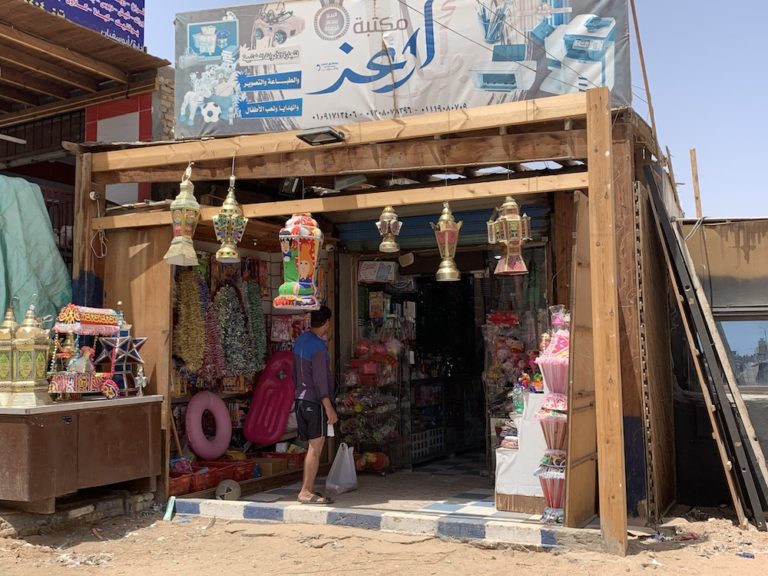CULTURAL OR CULTURE EDUCATION is education about a culture. It can involve learning about the culture of a specific place or understanding one’s own culture.
WHAT IS CULTURE?
What is culture? Culture is the set of shared patterns of expressions, customs, arts, language, behavior, and rules that are material and non-material (tangible and intangible). It encompasses the way of life and attitudes of a particular group that shape their identity. Culture can be regional within a nation or a global culture.
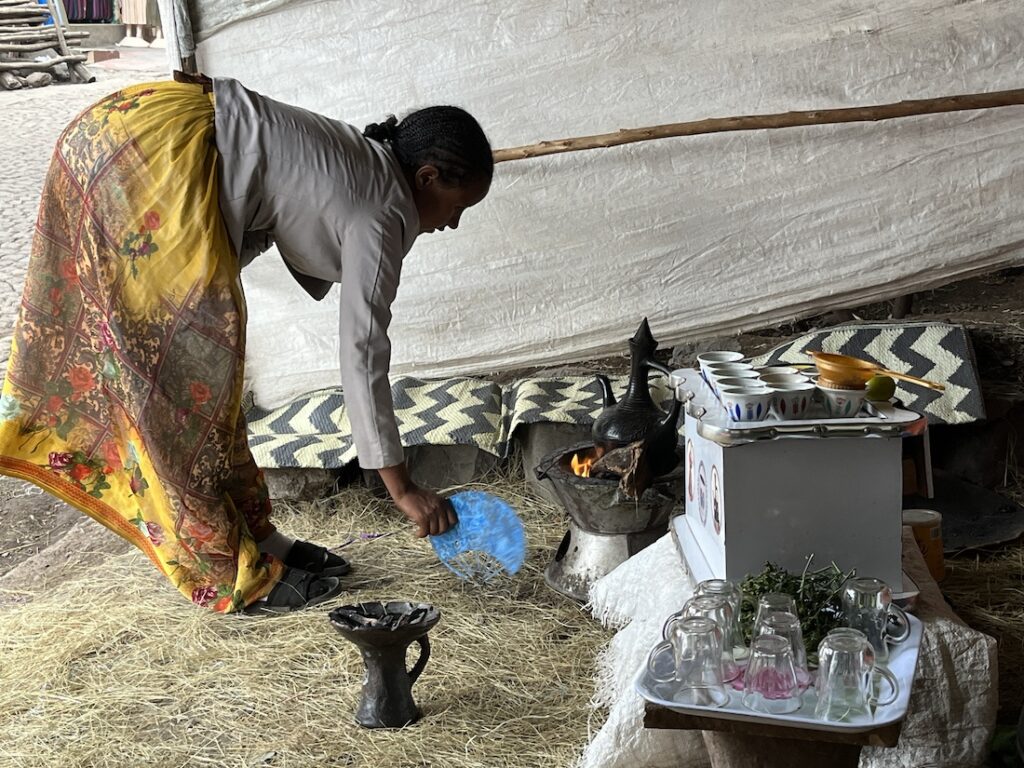

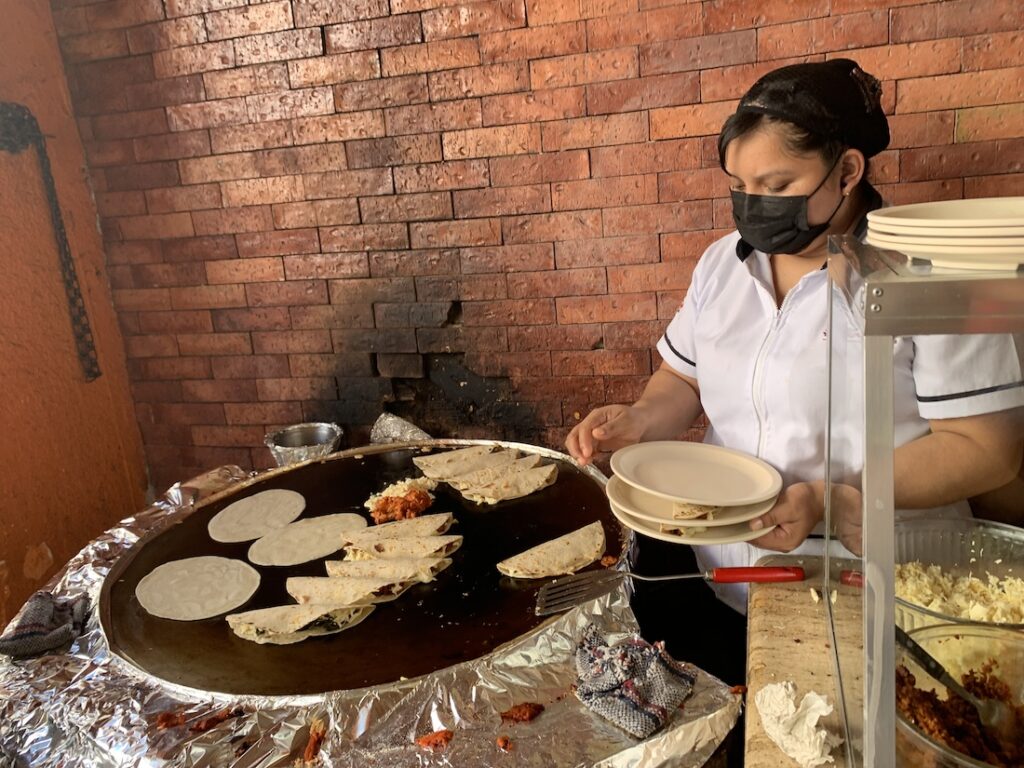
CULTURAL EDUCATION IS ONE KEY objective OF THE UNESCO (United Nations Educational, Scientific and Cultural Organization)
The main focus of my website revolves around issues around the world and education. It is essential to acknowledge that within a single country, there can be a multitude of cultures. The importance of cultures on a local or global level cannot be emphasized enough, as they have a profound influence on shaping societal structures, traditions, and personal identities.
What is culture education?
Culture education refers to the process of learning about the beliefs, customs, traditions, and values of a particular society or group of people. It involves gaining knowledge and understanding of different cultural practices, languages, art forms, and histories that shape the identity of a community.
Why is learning about a culture important?
Living in a multicultural environment, or a different culture does not automatically give you cross cultural skills. Therefore, culture education serves as a gateway to understanding and appreciating the diverse beliefs, values, and traditions that shape societies across the globe. By delving into various cultural practices, languages, and histories, we gain invaluable insights that not only broaden our perspectives but also foster empathy and mutual respect. Embracing culture education in professional settings can enhance communication skills, facilitate collaboration, and promote inclusivity within diverse teams. Furthermore, it equips individuals with the cultural competence needed to navigate the complexities of a globalized marketplace. Therefore, investing in culture education is not only an investment in personal growth but also in building bridges across international boundaries and fostering a more interconnected and harmonious world.

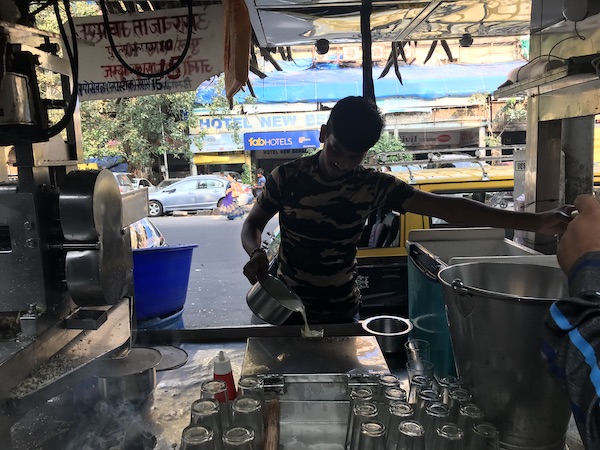
Learning about a culture helps us comprehend a way of life and its shared values.
Culture Education has been used in some schools worldwide to teach and learn about a particular culture within a culture. People of diverse backgrounds are living together, which means diversity is present. Learning and understanding diversity leads to interaction and interconnection because culture influences how we see the world.
Diversity needs to be recognized and acknowledged. It helps us understand that we live in a world with different perspectives in which we must coexist.

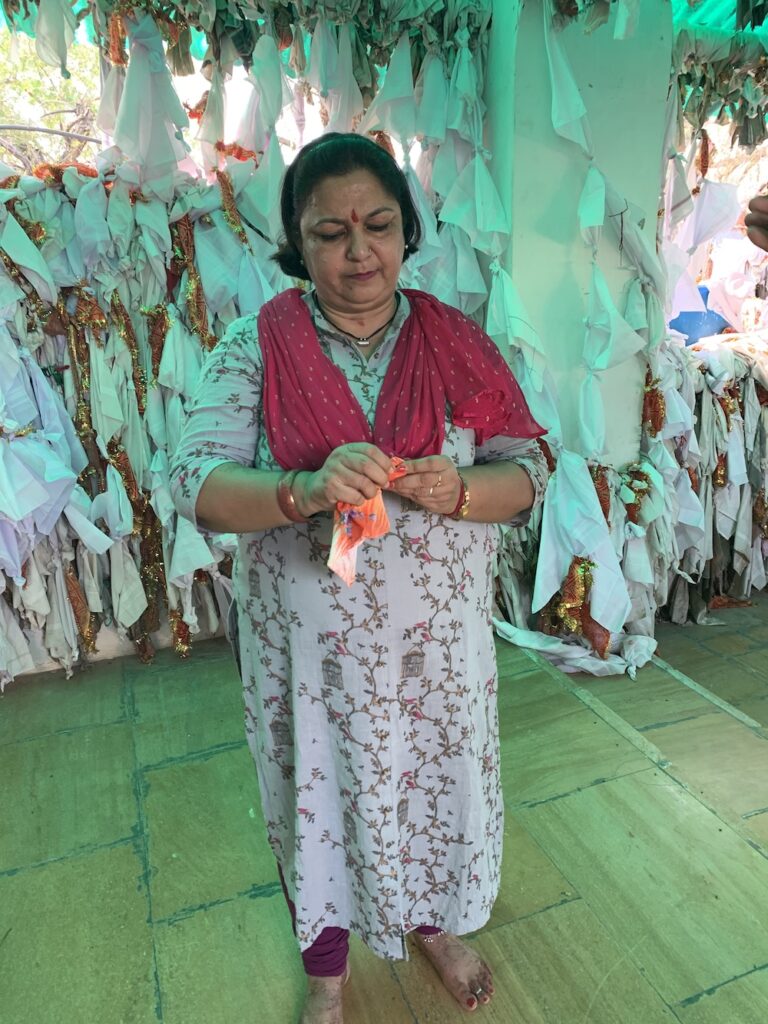
Kamla from Rajasthan tying a white rag as a manifestation of worship at a temple
CULTURE EDUCATION AS A TEACHING METHODOLOGY
CULTURE EDUCATION IN SCHOOLS

Culture education in schools plays a pivotal role in shaping individuals into well-rounded global citizens. It goes beyond textbooks and classrooms, offering students valuable insights into diverse cultures, traditions, and perspectives. By incorporating cultural education into the curriculum, schools empower students to appreciate and respect the richness of human heritage.
Culture Education has been used as a methodology for teaching immigrants. It has been a way to help them to adjust to the new culture in which they are living, and understand their new environment.


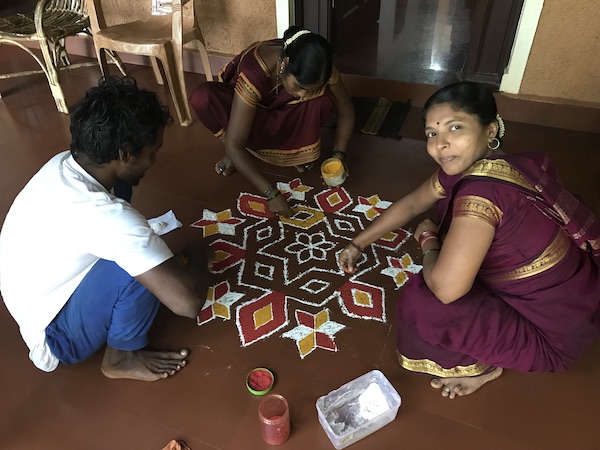
Cultural learning serves as a bridge that connects individuals from diverse backgrounds. It breaks down barriers of misunderstanding and prejudice, paving the way for meaningful interactions and collaborations. By delving into the intricacies of a culture different from our own, we open ourselves up to new possibilities and experiences.

It is highly beneficial to begin by understanding and defining one’s own culture before attempting to compare it to another culture. These comparisons should aim to enhance the cultural experience rather than provoke competition or criticism towards the other culture.

Below is a graph with different aspects of a culture.
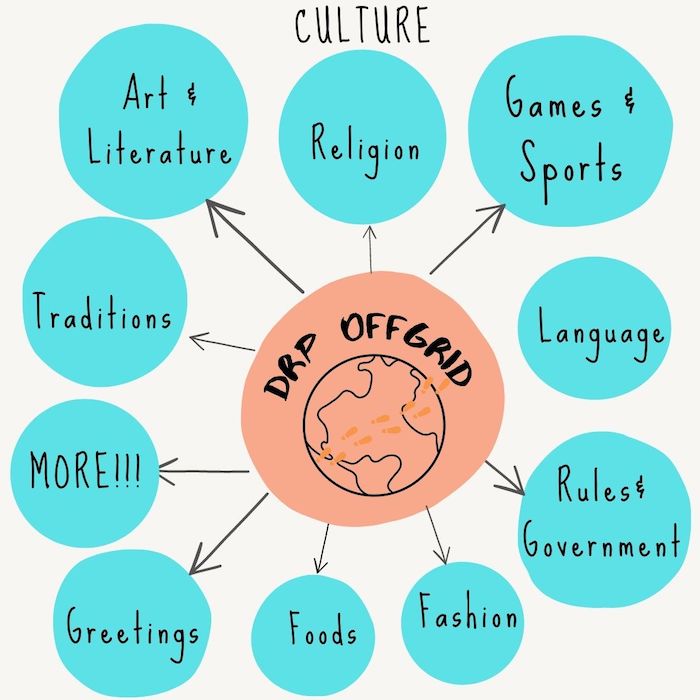
by Dr.P
The complete “Culture Education Basic Exercise” is available in the “Educational Resources” section of this site click here for more
Culture or cultural education is essential in that it absolutely expands your horizons at all levels! just think about the many ways in which a culture is expressed:
In an internationally interdependent world, cultural education should be part of the school curriculum. Students need to to embrace regional cultures as well as international cultures.
DR.P’S SITE AIMS TO CONTRIBUTE TO CULTURE EDUCATION (at times called “Cultural Education”)




